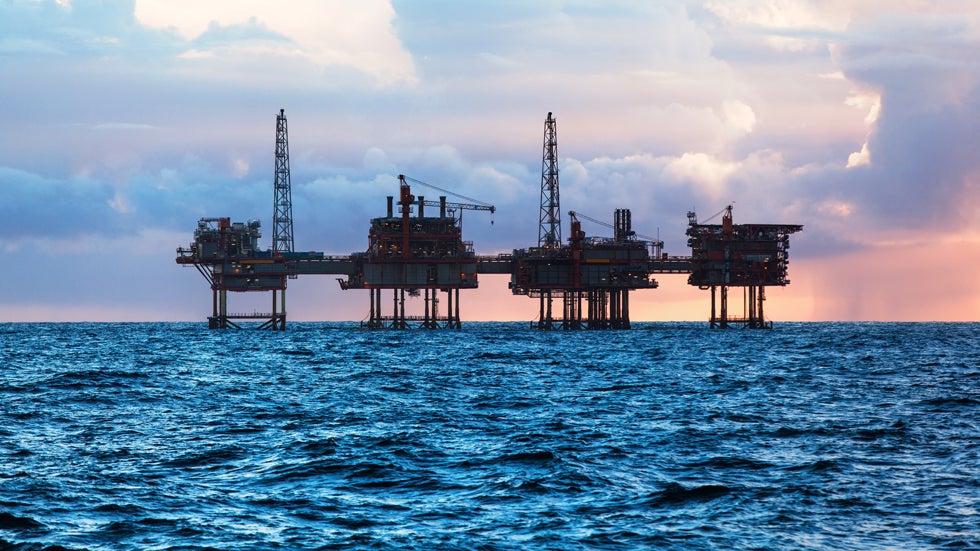
It seems the federal agency tasked with regulating offshore drilling in the United States routinely underreports fatalities among oil and gas workers, making the industry appear far safer than it actually is.
According a joint investigation conducted by New Orleans Public Radio, Drilled News, and Southerly, the undercount is a consequence of inconsistent and missing data, as well as loopholes that allow some offshore oil and gas fatalities to go unreported.
Many Offshore Worker Deaths Don’t Meet BSEE Criteria
The Bureau of Safety and Environmental Enforcement, or BSEE, was established in the wake of the BP Deepwater Horizon oil rig explosion that killed 11 offshore workers in the Gulf of Mexico in April 2010. While the agency was supposedly created to improve safety and enforce environmental regulations in the offshore oil and gas industry, the media organizations’ review of documents obtained via a Freedom of Information Act request found that nearly half of the worker fatalities that occurred in the Gulf of Mexico from 2005 through 2019 didn’t fit the agency’s reporting criteria.
For example, the BSEE doesn’t count worker deaths that occur in state waters. In most cases, states control up to three nautical miles from their coastline; Florida and Texas control nine. Federal waters begin where state waters end and extend 200 nautical miles offshore.
The agency also doesn’t count deaths that occur during transport to offshore platforms. That means the 13 workers who either died or went missing when the Seacor Power lift boat capsized off the Louisiana coast in April won’t be included in the BSEE’s fatality totals for 2021.
The regulator also omits any death aboard an offshore platform that’s considered non-work related, even though the remoteness of many facilities makes it difficult for workers to seek timely medical treatment. In fact, 24 of the 83 known offshore worker fatalities that occurred between 2005 and 2019 were classified as “non-occupational.” Those deaths occurred an average of 60 miles away from shore.
Offshore Fatalities are Trending Higher, Despite Industry Safety Claims
Oil and gas companies claim the offshore industry is safer than ever.
But even with missing data, the six deaths reported in 2019 totaled more than the previous five years combined. Three additional fatalities weren’t included in the BSEE tally for that year, including two that occurred when a helicopter crashed on its way to a rig and a third deemed non-work related.
Reduced staffing seems to be driving at least some of the recent uptick. According to BSEE data, offshore work hours dropped by more than 40% between 2011 to 2019, even as total production increased by an equal percentage during the same period.
Lower oil prices and a trend towards automation mean fewer jobs in the offshore oil and gas industry, while those that remain available are often among the most dangerous. With a smaller workforce, crews must als0 harder to keep up, increasing the potential for a serious or fatal accident.
Undefeated Offshore Injury Lawyers with Billions Won: Call 1-888-603-3636 or Click Here for a Free Consultation.
Having won Billions for oil and gas workers following the worst accidents and explosions along the Texas and Louisiana Gulf Coasts, our Undefeated Offshore Injury Lawyers have the resources and experience to take on the largest energy companies in the world and ensure victims and their families are fully compensated for all of their injuries and losses.
If you or someone you love were injured or tragically killed in connection with an offshore drilling accident or explosion, call 1-888-603-3636 or click here to send us an email through our “Contact Us” form.
All consultations are free, and because we only work for a contingency fee, you won’t pay us anything unless we win your case.